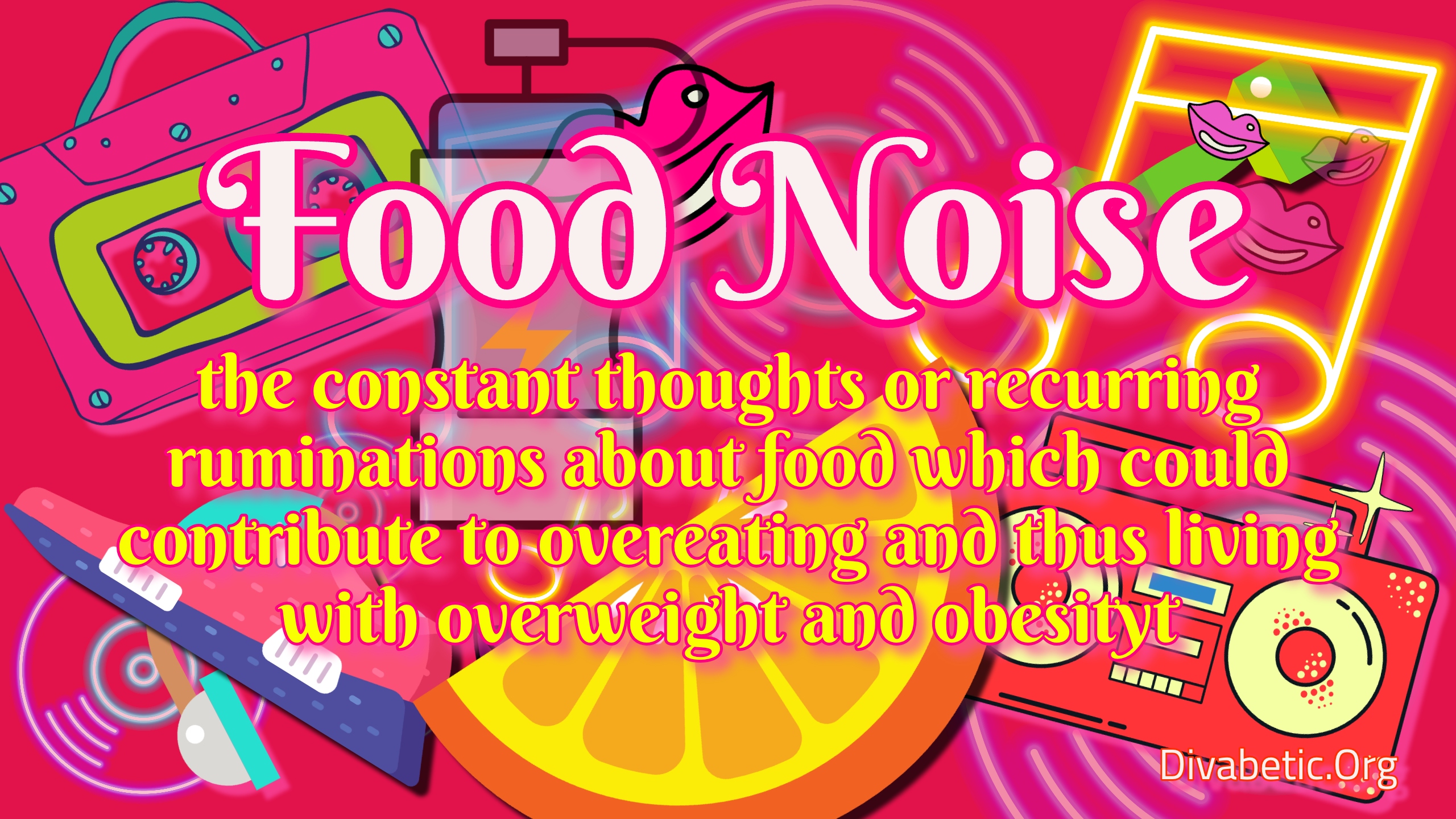Enjoy highlights from Divabetic’s World Menopause Day Panel discussion on Wednesday, October 18, 2023. Our panel was moderated by Divabetic Image & Style Advisor Catherine Schuller and featured Dr. Julianne Arena, Donna Rice, and Amparo. Dr Julianne Arena is a double board-certified physician, a board-certified OBGYN who applies traditional, integrative methods and a multi-layered approach to helping women with sexual health and intimacy issues. She’s also a practitioner of Cliovana, the only treatment available that improves long-term clitoral stimulation with proven sound wave technology. Her goal is to help women create optimal and vibrant lives.
xxx
Catherine Schuller is the go-to person in the image industry for all things style and fashion for the plus-size woman. She began as a former Ford Model and became a spokesperson for the industry, a retail editor for Mode magazine, and wrote the highly acclaimed how-to guide The Ultimate Plus Size Modeling Guide, which has helped thousands of young women who want to enter the plus size modeling field. She is a frequently quoted media expert on the puls-size market and has appeared five times on The View, The Today Show, The Early Show, eight times on Neal Cavuto’s Your World, and many television and radio shows across the United States.
Donna Rice is a registered nurse and a Certified Diabetes Care and Education Specialist. She is a national and international thought leader and author of four books, including Divabetic’s ebook Sweet Romance: A Woman’s Guide To Love And Intimacy With Diabetes. She is a Past President of the Association of Diabetes Care and Education Specialists and the Past President of the Diabetes Health and Wellness Institute for Baylor Health Care Systems in Dallas, Texas. Donna is the Chief Operating Officer for DiabetesSisters and The Chief Evangelist for Call-ai, working on voice-driven AI for diabetes care and education.
According to research, hormone levels (most notably estrogen and progesterone) fall dramatically during menopause. Changes to our hormones can affect our blood sugar levels and make managing diabetes more difficult.
Co-authors of Divabetic’s ebook, Sweet Romance: A Woman’s Guide To Love & Intimacy With Diabetes, Dr. Janis Roszler PhD, LMFT, CDCES, LD/N, FAND, and Donna Rice MBA, BSN, RN, CDCES, FADCES offer advice on discussing your diabetes diagnosis as well as issues related to intimacy, fertility, and menopause with the people you care about the most.
Romantic relationships play an important role in our everyday lives. But when diabetes enters the picture, it can complicate even the most loving and open relationships. Many people don’t know that diabetes can impact physical and emotional intimacy. And intimacy-related issues can be especially difficult to discuss with a partner or a health care provider. But don’t let diabetes hinder the romance.

Sweet Romance: A Woman’s Guide to Love and Intimacy with Diabetes, book one in the series, is your key to a happy, healthy intimate life with diabetes.
















